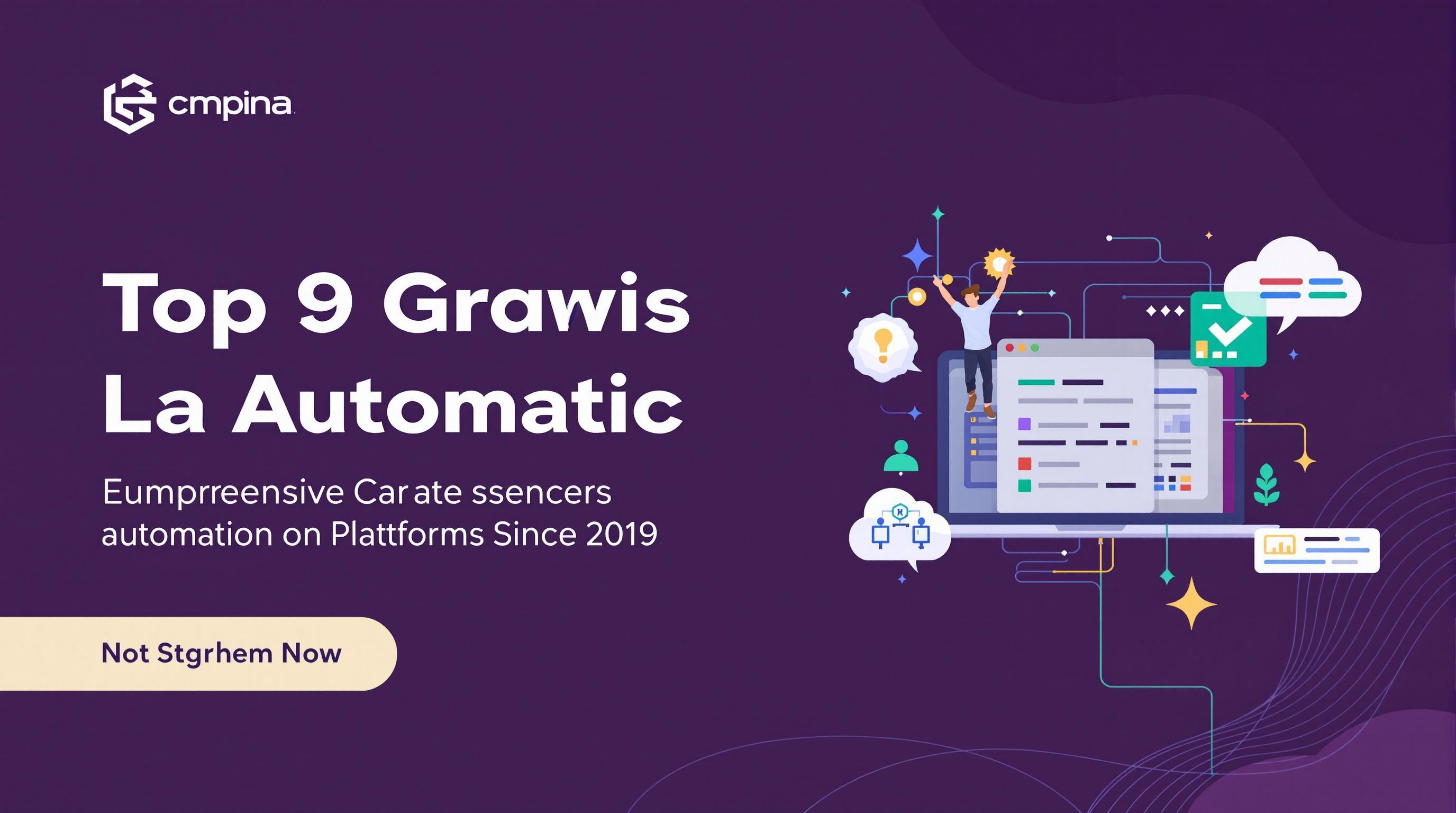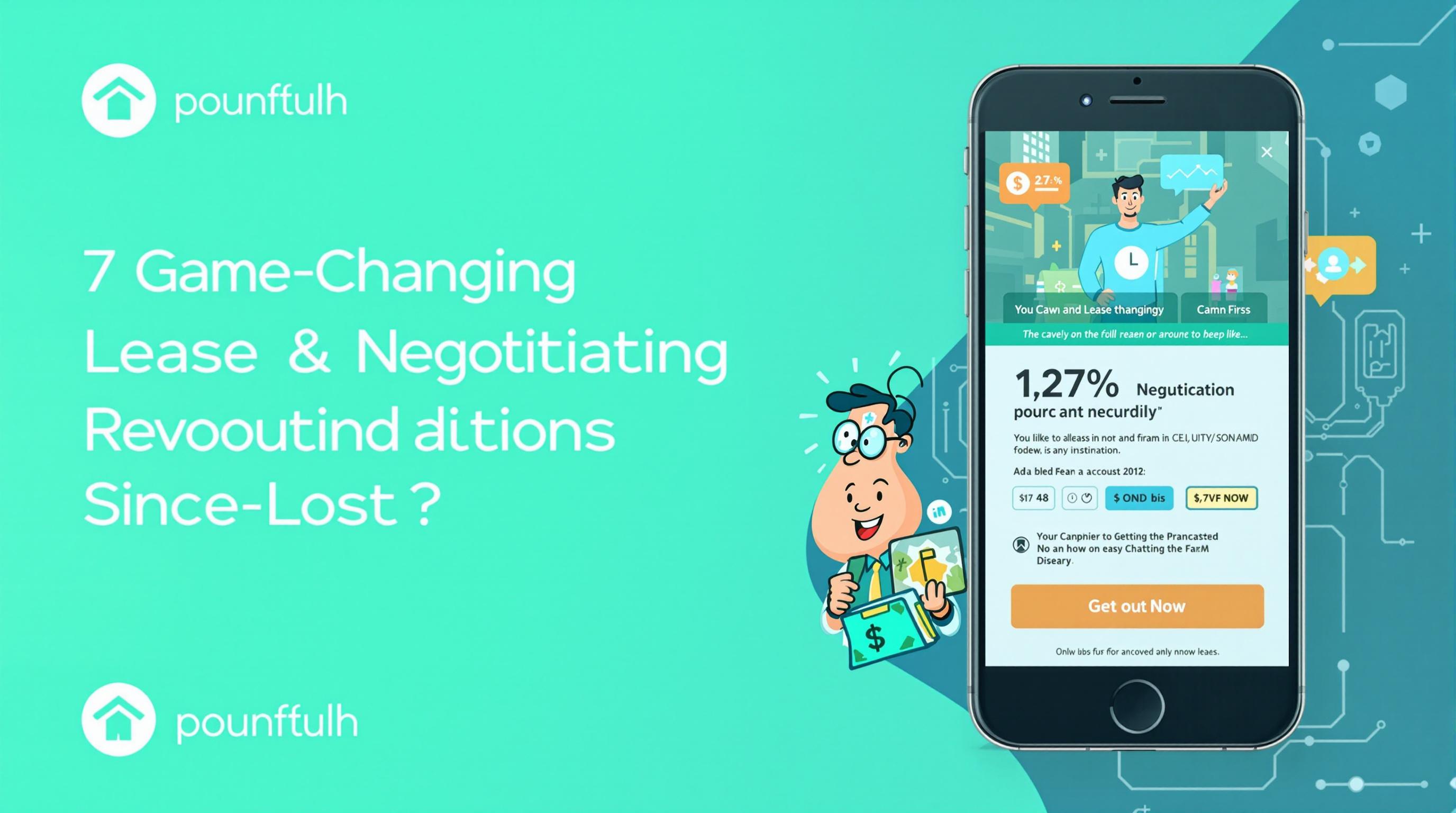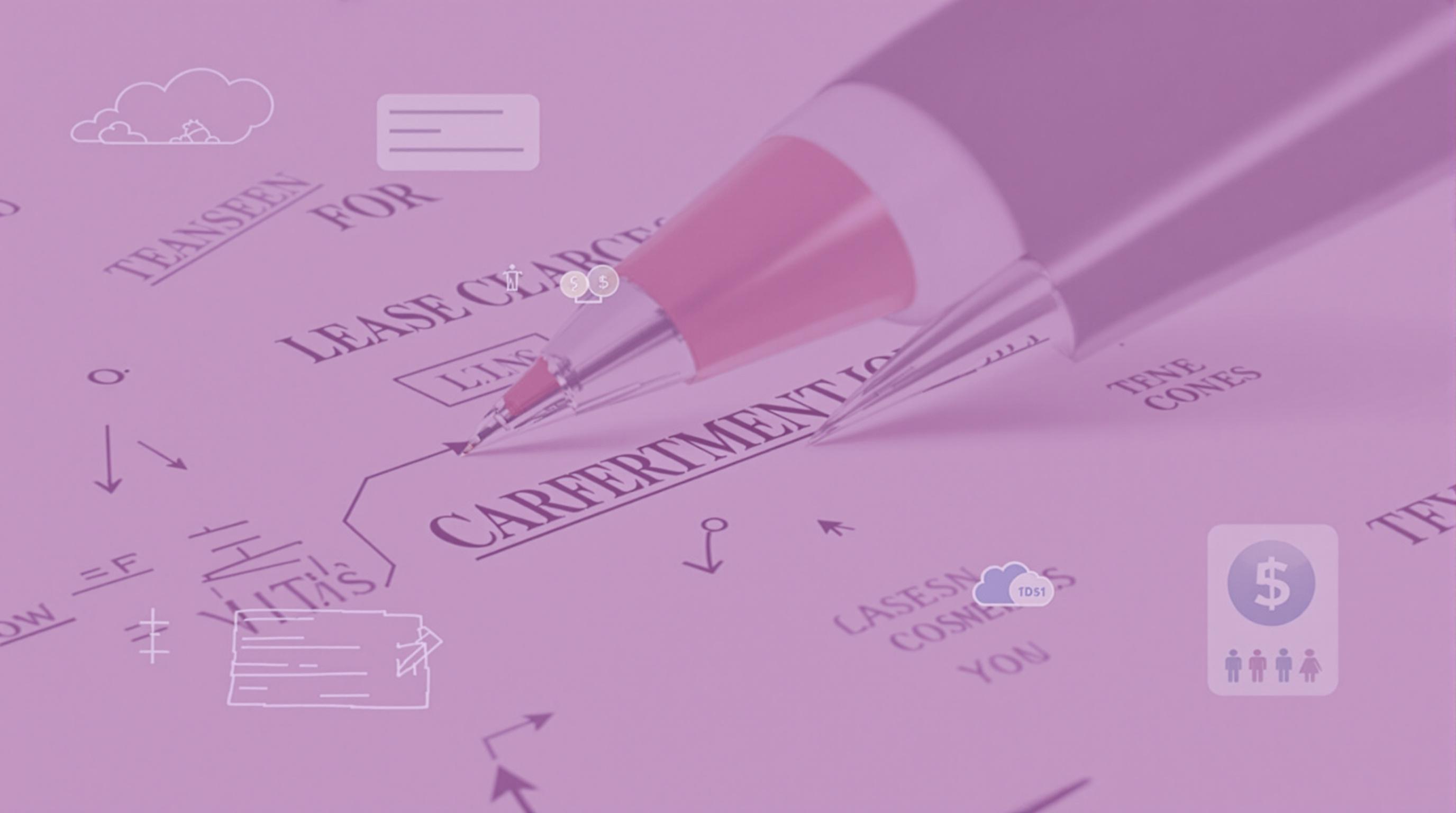Related Articles
- Top 5 Game-Changing Copyright Management Apps from 2019 to 2024 for Modern Creators
- Top 5 Game-Changing Copyright Management Apps Released Since 2019 for Fast, Foolproof Filings
- How Traditional Storytelling Shapes Community Healing in Conflict Settlement Practices Worldwide
- The Role of Ancient Storytelling Traditions in Shaping Modern Conflict Settlement Practices
- The Quiet Shift: How Climate Change Is Secretly Reshaping Liability Standards in Insurance Policies
- The Unseen Impact of Climate Change on Rural Insurance Mandates and Local Risk Assessments
Top 9 Emerging Lease Automation Platforms Since 2019: Comprehensive Reviews & 2024 Buyer Rankings
Top 9 Emerging Lease Automation Platforms Since 2019: Comprehensive Reviews & 2024 Buyer Rankings
Top 9 Emerging Lease Automation Platforms Since 2019: Comprehensive Reviews & 2024 Buyer Rankings
Lease automation platforms have become essential tools in the real estate and property management industries. These technologies streamline lease workflows, reduce administrative errors, and improve compliance management. Since 2019, a wave of innovative solutions has emerged, transforming how leases are created, executed, and tracked.
This article reviews nine leading lease automation platforms launched or significantly enhanced since 2019. Each platform is evaluated based on features, user experience, integration capabilities, and pricing. Our 2024 buyer rankings aim to guide decision-makers seeking the best tools to optimize lease management processes.
Sources for this review include data from Gartner, Forrester, user testimonials, and direct platform evaluations. Please note that software updates and market conditions may affect product standings over time.
1. LeaseStream
LeaseStream debuted in 2020 as a cloud-based lease automation solution focused on simplifying complex commercial lease agreements. Its user-friendly interface and AI-powered clause recognition make contract creation faster and more accurate. LeaseStream supports electronic signatures and real-time collaboration across teams, improving communication and efficiency.
The platform integrates with popular CRM and accounting systems, such as Salesforce and QuickBooks, ensuring data consistency across workflows. Users commend its intuitive dashboards for tracking key lease milestones and compliance deadlines, reducing risk and manual follow-ups.
LeaseStream offers tiered subscription plans to accommodate small to enterprise-level clients. Although its pricing is slightly above average, the platform's robust feature set and dedicated customer support justify the cost for many businesses.
2. RentRouter
Launching in late 2019, RentRouter focuses on residential lease automation with a strong emphasis on mobile accessibility. The platform enables tenants and landlords to complete lease agreements, payments, and maintenance requests through a single app.
RentRouter stands out for its integrated payment gateway and tenant screening tools. These features reduce the friction in lease approval processes and improve tenant quality. The software also automatically generates compliance reports tailored to local housing regulations, aiding property managers.
While RentRouter provides a comprehensive solution for smaller property managers, its functionality may be less suitable for large commercial portfolios. Nonetheless, its affordability and ease of use have garnered positive user reviews.
3. LeaseLogic360
LeaseLogic360 is a sophisticated platform launched in 2021, targeting mid to large commercial real estate firms. Known for advanced analytics and AI-driven lease abstraction, it aids in extracting critical terms from lengthy contracts quickly.
The platform’s customizable workflows and alerts enable proactive lease management and enhanced auditing capabilities. LeaseLogic360 also supports multi-currency and multi-jurisdiction lease processing, appealing to international businesses.
Users highlight LeaseLogic360’s powerful reporting tools that provide insights into portfolio performance and lease risk factors. Although it requires a steeper learning curve, its scalability attracts large-scale commercial landlords and REITs.
4. AutoLeasePro
Since its enhancement in 2022, AutoLeasePro has gained attention as an automation platform designed primarily for automotive lease companies. It streamlines end-to-end lease management, including credit approval, contract generation, and payment tracking.
AutoLeasePro integrates with vehicle databases and finance partners, enabling quick and compliant documentation. Its automated reminders for lease renewals and returns help businesses avoid missed opportunities and penalties.
Companies appreciate AutoLeasePro’s dedicated support and update frequency. However, its narrow industry focus means it is not a fit for other leasing sectors despite its powerful automation capabilities.
5. LeaseFlow
Emerging in 2019, LeaseFlow provides a versatile lease automation platform widely adopted by real estate agencies and corporate legal teams. It utilizes AI to analyze lease terms and detect inconsistencies or compliance risks before signature.
LeaseFlow’s document management system centralizes leases with easy search and version control options. Additionally, it supports multi-party negotiations with integrated chat and markup tools, enhancing stakeholder collaboration.
The platform's flexible API facilitates integration with ERP, legal, and financial systems, making it valuable for enterprises needing end-to-end lease lifecycle management. Pricing is enterprise-grade, but users cite increased efficiency and reduced legal costs as major benefits.
6. TenantTrack
TenantTrack launched in 2021 as a lease automation system focused on residential and commercial landlords with smaller portfolios. Its streamlined interface accelerates lease signing and stores tenant documents securely in the cloud.
The platform also incorporates AI chatbots to assist tenants during application and lease execution, reducing staff workload. TenantTrack supports automated rent reminders and customizable lease templates to increase operational efficiency.
While TenantTrack’s feature set is less comprehensive compared to enterprise platforms, it is praised for fast onboarding and competitive pricing—ideal for independent landlords and small property management firms.
7. AccordLease
Unveiled in early 2023, AccordLease targets legal professionals and real estate investors by offering detailed lease compliance automation. Its unique contract comparison tools highlight deviations and standard clause variances swiftly.
AccordLease supports direct e-signing via multiple platforms and provides audit trails for regulatory requirements. It also features customizable reporting dashboards tailored for tenant reporting and audit readiness.
Due to its specialized compliance focus, AccordLease appeals primarily to users seeking risk mitigation and contract precision. The platform remains competitive with integrations into legal practice management tools, enhancing workflow automation.
8. PropLease
Introduced in mid-2020, PropLease automates lease workflows with a strong focus on lease renewals and escalation management. Its automated notifications ensure landlords and tenants stay informed about critical dates.
PropLease offers a centralized document repository with role-based access controls, safeguarding sensitive lease data. Integration with accounting platforms, such as Xero and NetSuite, streamlines financial reconciliation related to leasing.
Though its interface could benefit from modernization, PropLease’s customer-centric approach and robust automation features have earned it a loyal user base. It is particularly praised for improving lease renewal rates through proactive management.
9. eLeaseHub
Operating since 2019 with continuous upgrades, eLeaseHub focuses on lease abstraction and contract lifecycle management for corporations managing multiple leases globally. Its machine learning capabilities increase accuracy in lease data extraction.
The platform handles complex leasing structures, including subleases and percentage rent clauses, which are often challenging to automate. eLeaseHub’s reporting and alert systems assist in budgeting and forecast lease obligations effectively.
While implementation can be resource-intensive, companies appreciate eLeaseHub’s customization and strong technical support. It is highly recommended for organizations managing large, diverse lease portfolios requiring detailed data analysis.
Buyer Rankings and Final Thoughts
Our 2024 rankings consider feature completeness, ease of use, integration options, customer support, and cost-effectiveness. For commercial lease management, LeaseLogic360 and LeaseFlow lead due to their scalability and rich analytics. Residential landlords often prefer RentRouter and TenantTrack for affordability and simplicity.
Specialized sectors like automotive leasing benefit from AutoLeasePro, while firms prioritizing compliance and legal precision should explore AccordLease. Platforms like LeaseStream and PropLease blend versatility with strong user support, suitable across various industries.
Ultimately, selecting a lease automation platform depends on business size, industry, compliance needs, and integration requirements. Prospective buyers are encouraged to perform demos and trial periods aligned with their specific leasing workflows.
Sources: Gartner Market Guide for Lease Automation (2023), Forrester Wave: Lease Management Solutions (2024), user reviews from Capterra and G2.




